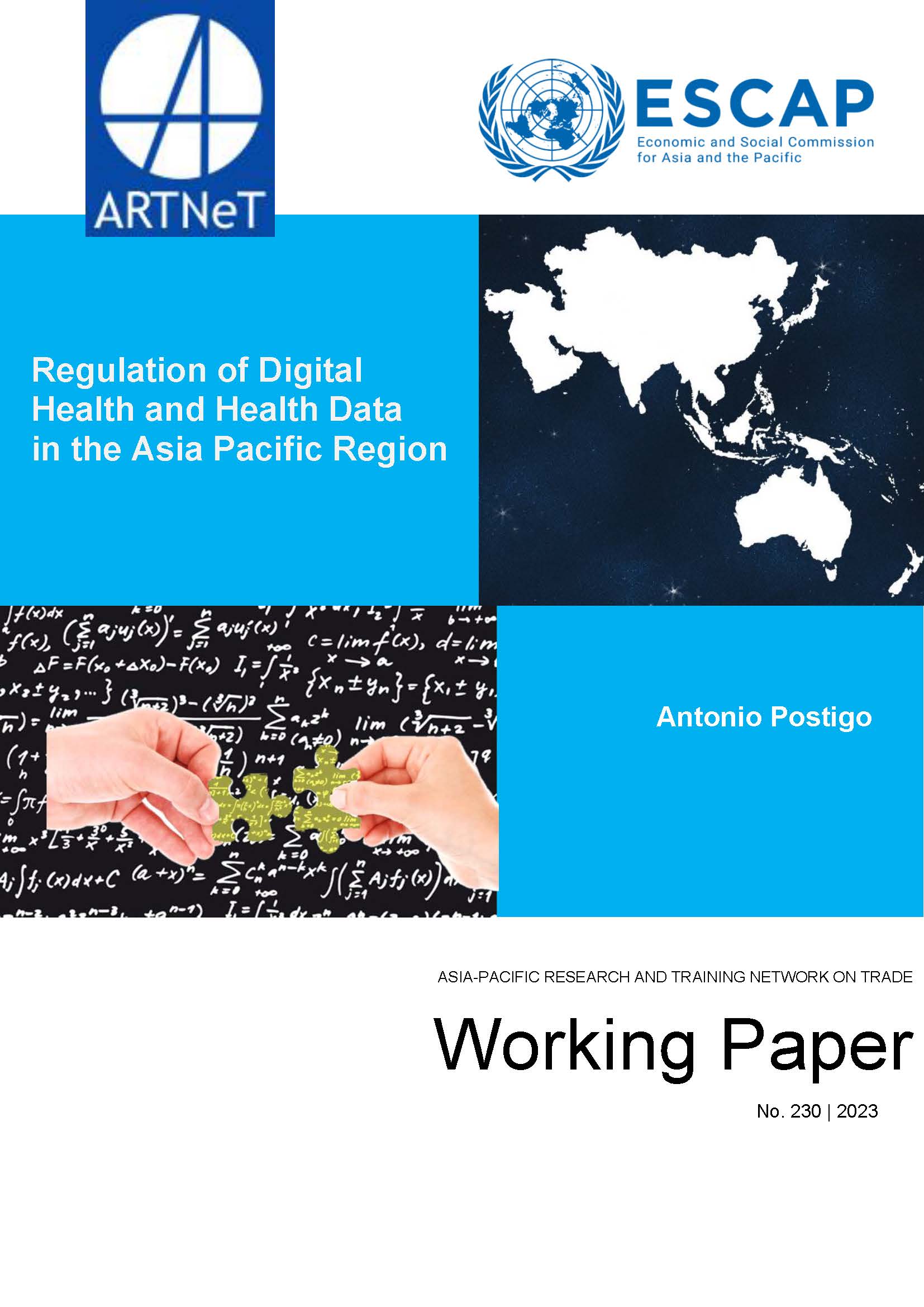Regulation of Digital Health and Health Data in the Asia Pacific Region

The COVID-19 pandemic has accelerated the adoption of digital health (DH) interventions in the Asia Pacific. This is evidenced in the 2022 Global Digital Health Monitor, with 58% of ESCAP members scoring 4 or higher, countries like Australia, Malaysia, PR China, and Thailand lead in DH categories. It is critical that countries establish national DH strategies that integrate goals and resources in digital health. The integration of national DH strategies into overall health policies faces challenges in regulation, implementation, and enforcement in the Asia Pacific, including LMICs. Regulatory inconsistencies in sharing health data hinder innovations and undermine trust, particularly in developing countries with limited resources. Except for Thailand and Vietnam, the Asia Pacific lacks frameworks for secure cross-border health data exchange. Regulation of health data should balance health data protection and privacy with ensuring cross-border data flows. As a multilateral data governance regime for cross-border data flows is pending, reliance on regional and bilateral free trade agreements to regulate health data persists. Multilateral organizations can play a crucial role in establishing effective governance for secure health data exchange. Key actions include collecting best practices, enhancing policymakers' capacity, and supporting efforts to harmonize data privacy frameworks globally.
